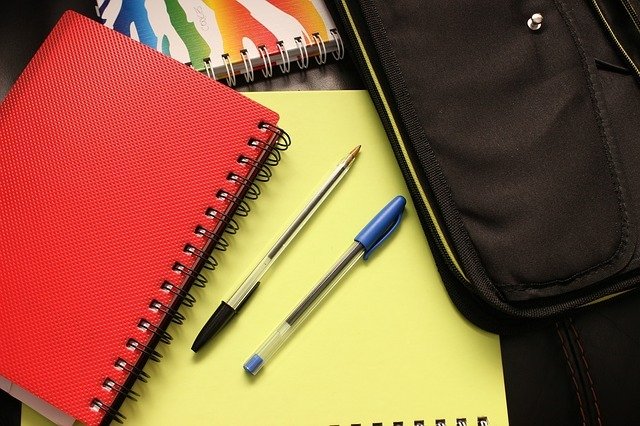In defense of elaborate bullet journals
Which method of journaling is better: minimalist or elaborate?
The need we have to be right is often achieved at the expense of others. There is no concrete proof, no overwhelming evidence, or academically cited work proclaiming the superiority of one method of journaling over another. There is no government sanctioned study showing the positive or negative value of Washi tape to productivity. In short, better or worse is an irrelevant argument.
Members of the minimalist camp often deride the elaborate journals found on Pinterest and Instagram. Journals where hours have been spent customizing and enhancing are downplayed or even outright criticized because they're not "simplistic" and "refined". The arguments are made the journal is inefficient, unfocused, and ultimately counter to the pure strategies of systems such as Bullet Journal or Getting Things Done.
While I don't have an elaborate journal (not for lack of interest or trying) I can appreciate the benefits of this approach for many. Here's some benefits of elaborate journaling. I'm sure there are dozens more but for now this is a good start to the conversation. This is not an endorsement of one approach over the other but rather an illustration of some of the possible benefits worth considering.
Focus through engagement
So many of our journaling tools can be transitioned in and out of use at a moment's notice as we lose interest or the next shiny new tool comes across our messaging feed. Dedicating time and effort to customizing your journal to reflect not only your effort but your personality is an excellent way to maintain consistency in your capture mechanism as well as to reduce the amount of churn between new tools.
Freedom of creative thinking
Linear and form based systems can stifle creative thinking for many. When we are dealing with tasks and challenges requiring us to think outside the box, it's sometimes helpful to have creative and inspiring imagery at hand to fire the creative instincts. Doodling, sketch-noting, etc. there are all kinds of names for it but when it comes down to brass tacks, having the flexibility to go where your mind needs you to go to solve problems and be in the moment is paramount.
Connection with your tools
When we invest effort in our tools they become important to us and part of our daily lives. Just as a professional tradesperson uses good tools to create, so we should be using the tools we like; the tools that inspire us and encourage us to achieve. For many, that means making the tools their own. Imbuing them with a sense of individuality that connects on a deep level.
Personalization and commitment
At the airport luggage carousel, there are rows and rows of plain black bags. What makes them stand out is not the bag, not the manufacturer, not the wheels or the handles, but what the owner has done to make them stand out from the crowd. The same goes for journaling. Everyone can carry a black covered A5 notebook, but what makes yours part of you? That effort of personalization puts some "skin in the game" to use that journal on a frequent basis rather than walking away from it on a whim.
Art of the possible
Some of the greatest consternation comes from minimalists looking at elaborate journals and with great gnashing of teeth crying out all the decoration is unnecessary and impractical. Yet time and time again looking at these artistic examples I've been able to cull diamonds of brilliance in ways to handle information for my own journaling. Remember that the art of the possible is not only about discovering how you want to do something, but also discovering how you don't want to.
Choices help offset helplessness creating motivation
We can feel frustrated with a lack of control in our daily lives, forced to use structures and processes not of our own design. These systems don't match how we think and operate, yet we are still compelled to use them, in many cases being told these are the "right" ways and our ways are "wrong". Journals give you the chance to create and use your own systems. Define your own rules; making your world what you want it to be in some small way. Elaborate journals can been seen as wonderful examples of personal expression, freedom of choice, and liberation of spirit.
So which is the right way to journal?
If you're looking for an answer to that question you either skipped the article or need to go back and reread it. There is no right choice. The only wrong choices are the ones that don't work for you.
Being a journaling enabler
If you are spending your time trying to validate your approach by invalidating someone else's you're wasting everyone's time and interest. To paraphrase the song Uptown Funk, "If your journal is sexy then flaunt it, if it's freaky then own it."
What do you think?
Agree? Disagree? Out in left field? Tell us in the comments what's on your mind. The most engaging comments will be highlighted in a future follow up post.
